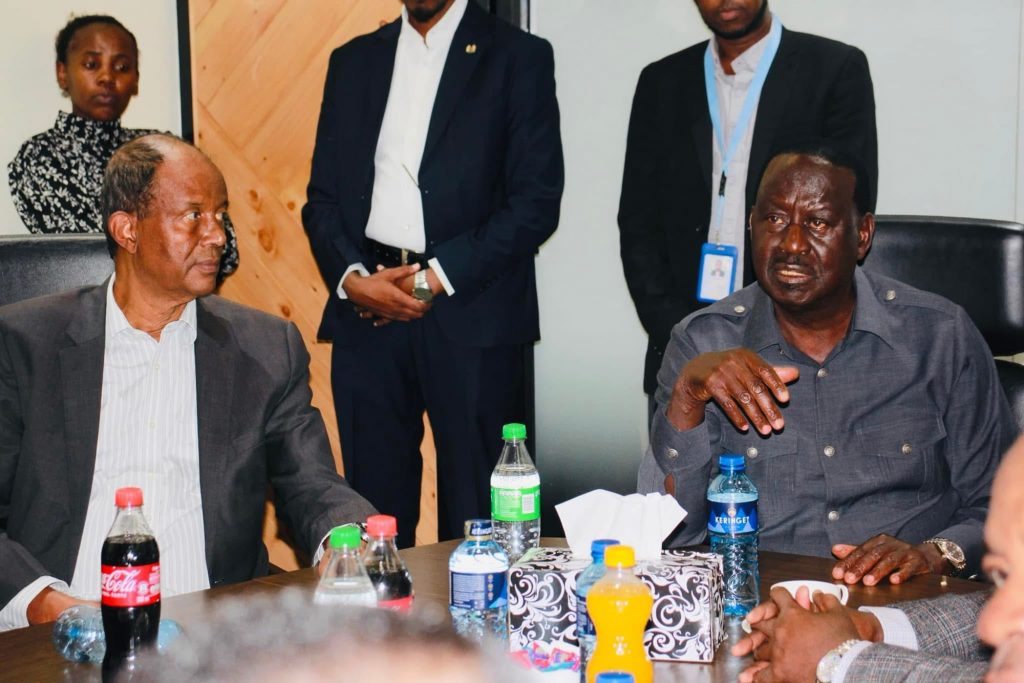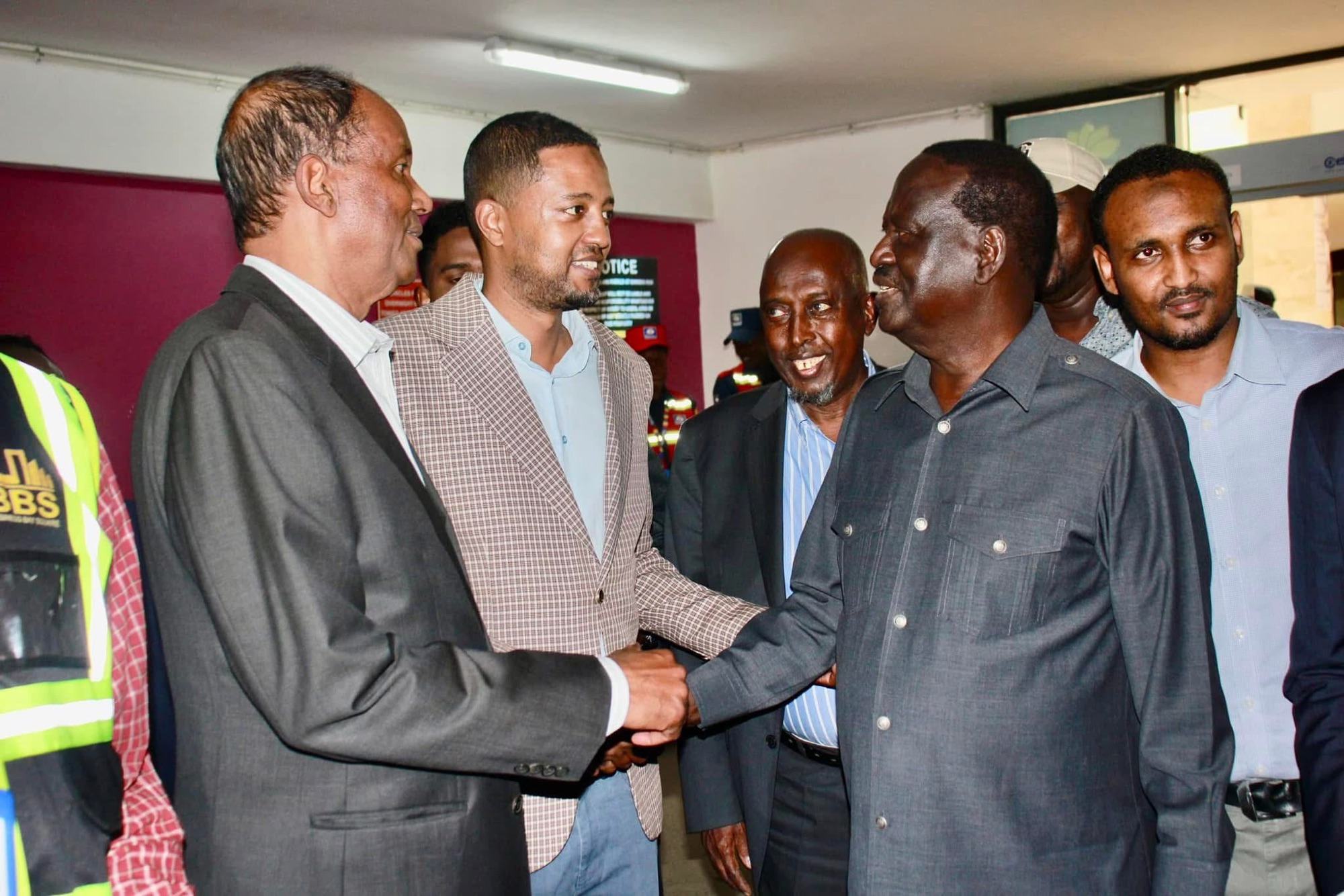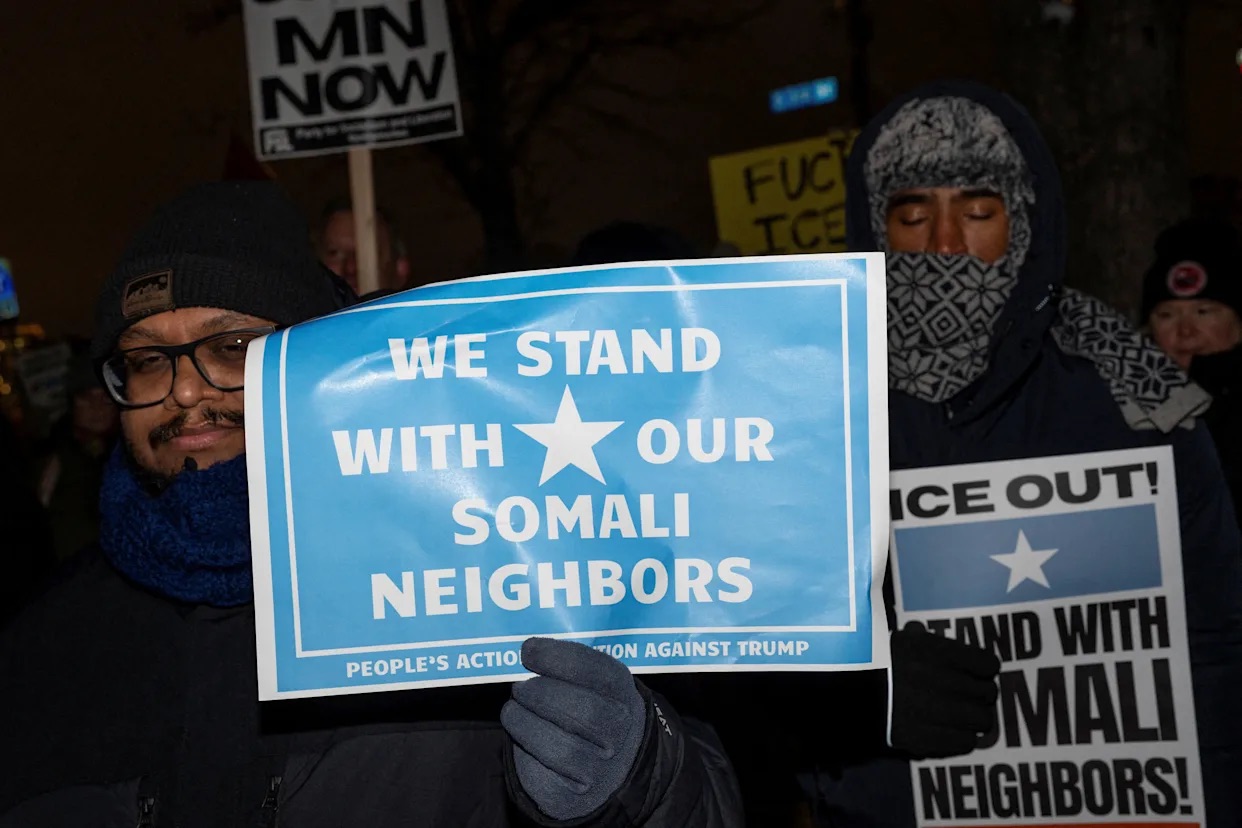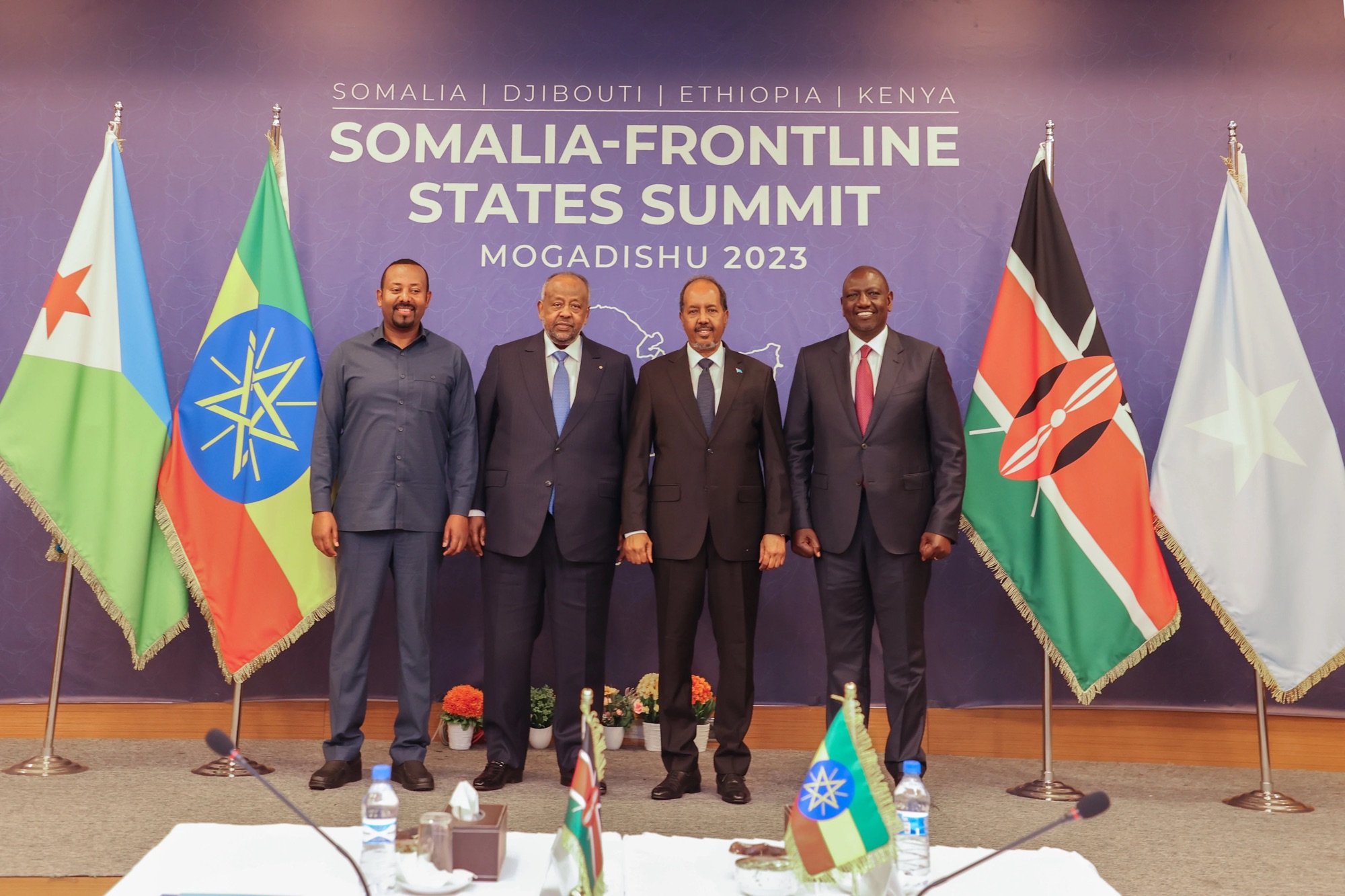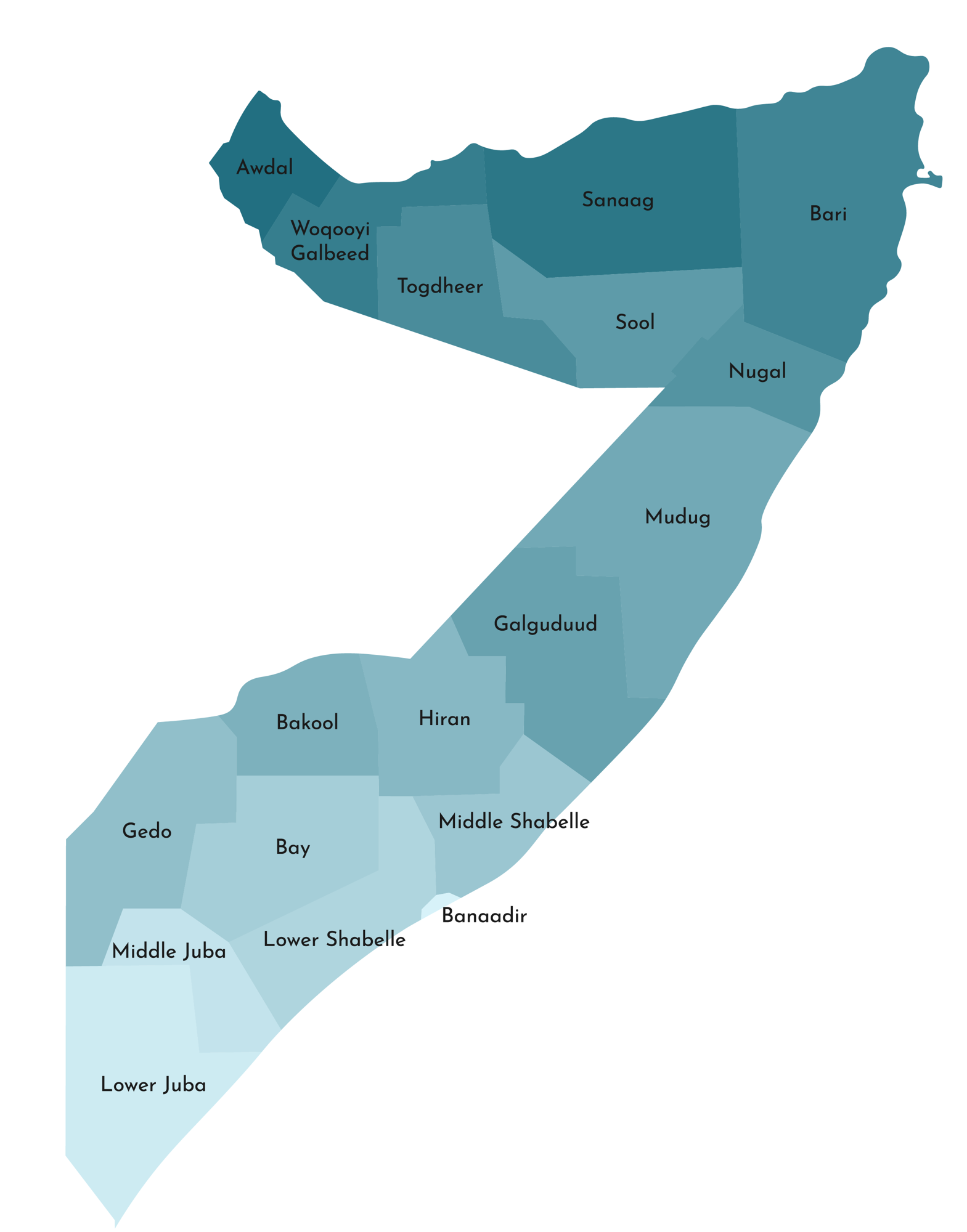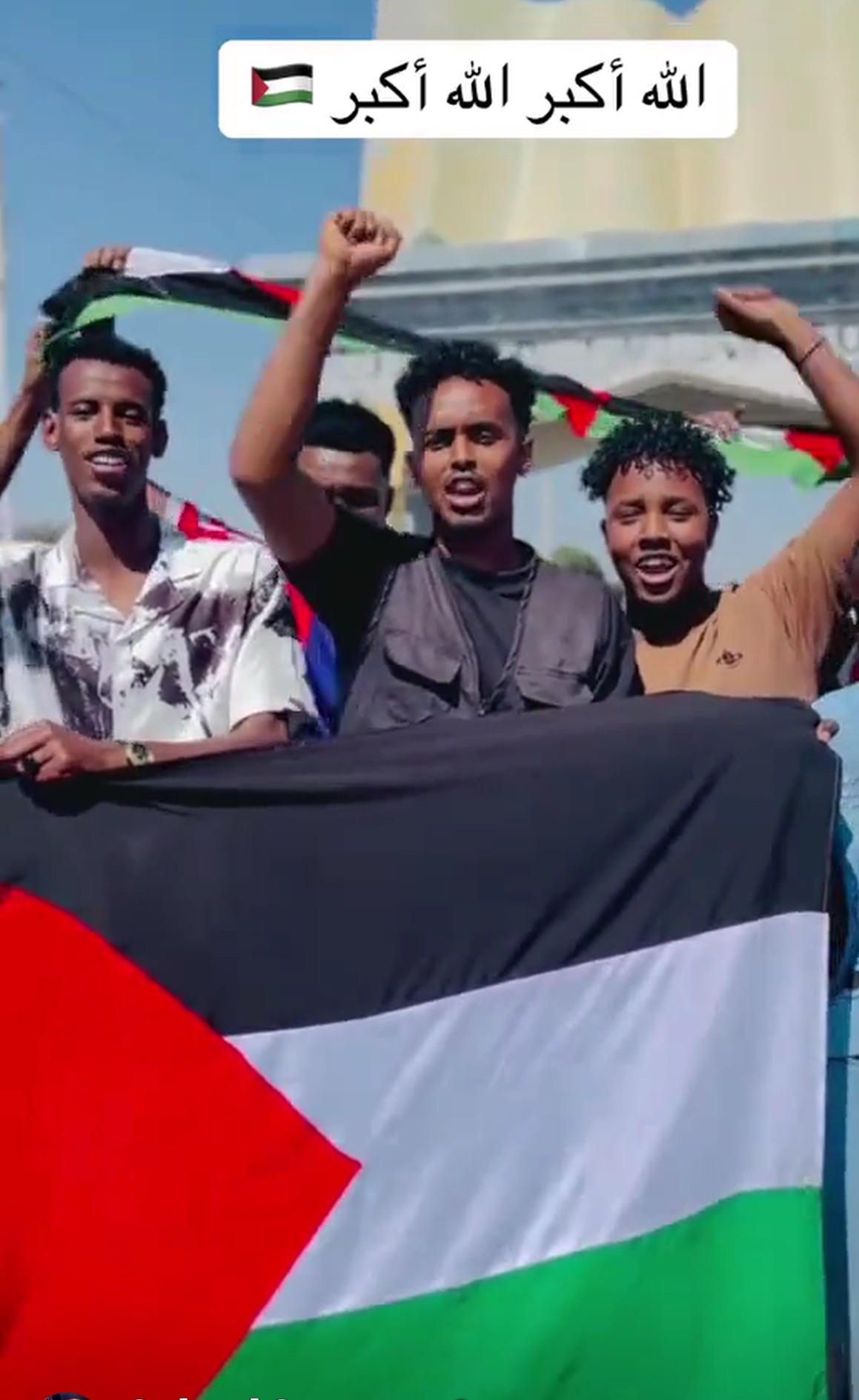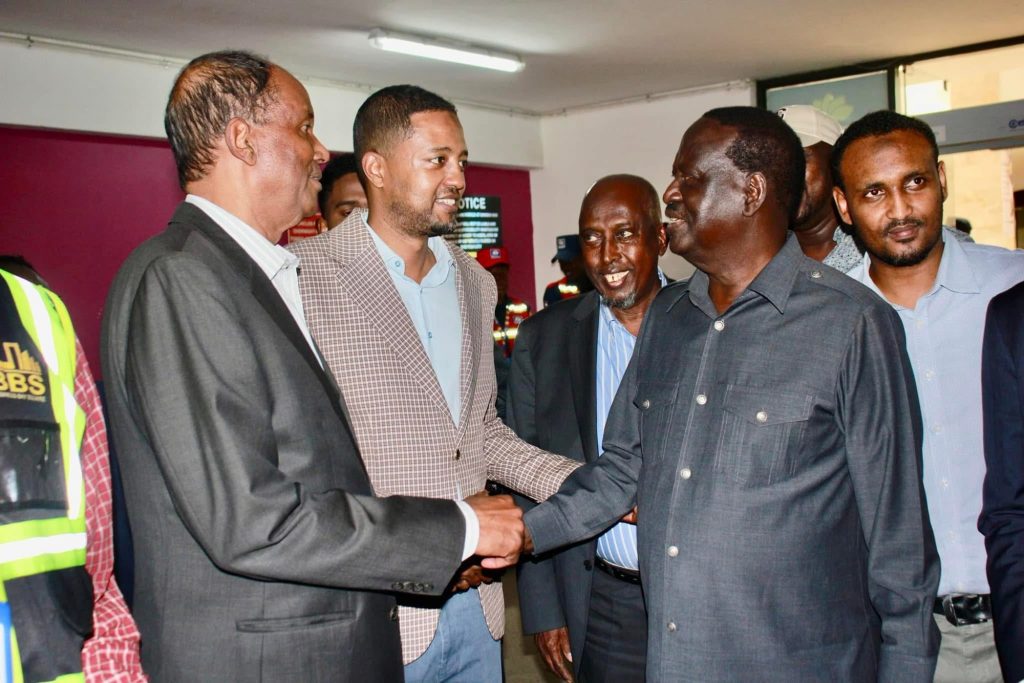
On February 5, 2025, Raila Odinga, Kenya’s former Prime Minister and current candidate for the African Union Commission (AUC) chairpersonship, visited the Somali-owned BBS Mall in Eastleigh, Nairobi. He was warmly received by Kamukunji Constituency Member of Parliament Yusuf Hassan, alongside Mall Chair Abdiwali Maalim Hassan, CEO Munir Ahmed, and Eastleigh North MCA Ahmedqadar Dabar. MP Hassan expressed his pleasure in welcoming Odinga, noting the former Prime Minister’s visible admiration for the mall’s grandeur and the overall progress of Eastleigh’s business hub. He also extended support for Odinga’s campaign to clinch the AUC chairmanship.
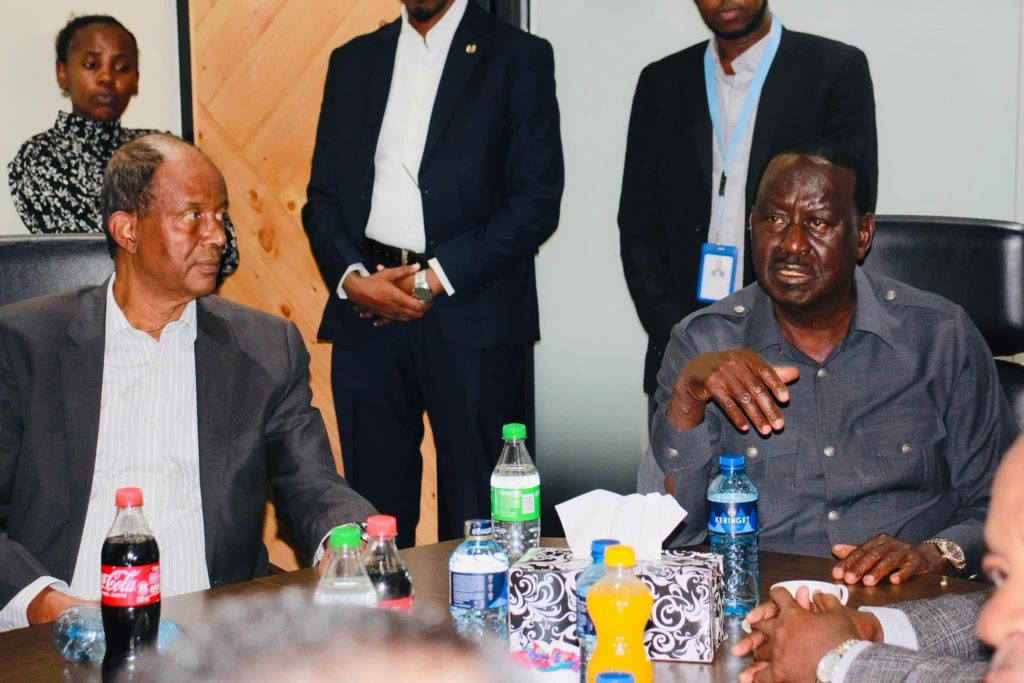
The BBS Mall, the largest in East and Central Africa, boasts a variety of retail stores, restaurants, a gym, a mosque, and ample parking. This monumental project has significantly boosted Eastleigh and Nairobi’s economy, attracting investors and traders from as far as Rwanda and Zambia.
Odinga’s bid for the top African Union role comes after multiple presidential races and decades of leading Kenya’s opposition. He now faces a formidable contest against Djibouti’s former Foreign Minister, Mahmoud Ali Youssouf, for the AUC chairperson position. Notably, Somalia has thrown its support behind Youssouf, highlighting the intricate dynamics at play.
Somalia’s endorsement of Youssouf is significant, given Odinga’s past advocacy for the recognition of Somaliland as an independent state. In 2020, Odinga urged the African Union and the United Nations to expedite the process of recognizing Somaliland’s independence, stating that reuniting Somalia and Somaliland was no longer feasible. This stance has been perceived by many Somalis as an infringement on Somalia’s sovereignty and territorial integrity.
The irony lies in Odinga’s current pursuit of the AUC chairmanship—a role dedicated to fostering unity and cooperation across African nations—while he has previously supported the secession of a region from a member state. Critics argue that advocating for the division of Somalia contradicts the African Union’s principles of respecting existing national borders and promoting continental solidarity.
Furthermore, Odinga’s position contrasts with his domestic policies. In Kenya, efforts by Muslim clerics in Mombasa seeking redress for perceived marginalization were met with resistance. Between 2011 and 2013, there were reports of extrajudicial actions against leaders advocating for the separation of Mombasa and Kwale counties from Kenya. This juxtaposition raises questions about Odinga’s consistency regarding national unity and self-determination.
As the AUC chairperson election approaches, the Somali community remains a key stakeholder. Their substantial investments, exemplified by ventures like the BBS Mall, have not only transformed regions like Eastleigh but have also drawn the attention of leaders like Odinga. However, his past positions on Somalia’s territorial integrity continue to influence perceptions, leading many Somalis to favor Djibouti’s candidate, Mahmoud Ali Youssouf, for the African Union’s top post.
In conclusion, while Odinga’s contributions to Kenya’s political landscape are noteworthy, his previous support for Somaliland’s secession presents a complex challenge in his bid for the AUC chairmanship. The Somali community’s investments and political stances underscore their significant role in this continental decision-making process.
